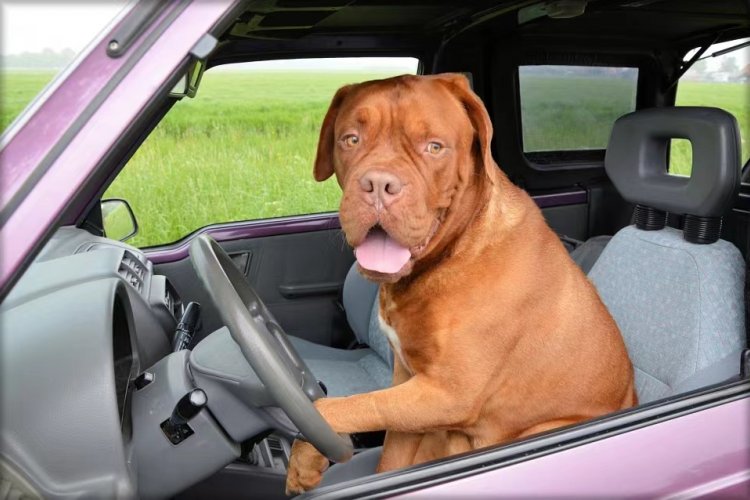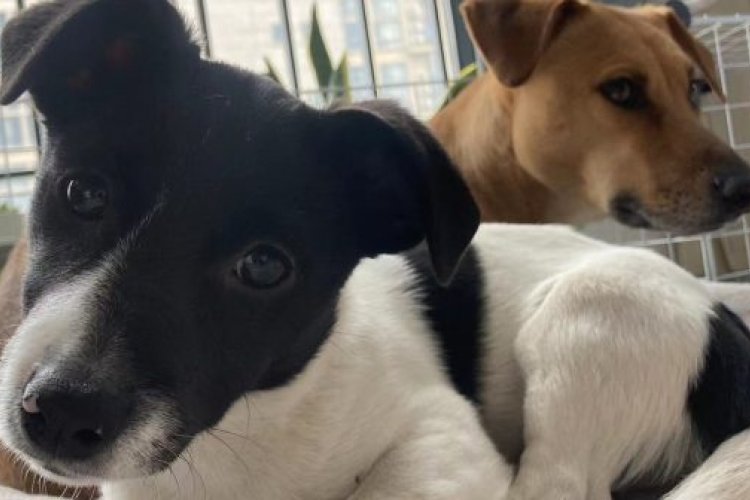Rehoming Pets and Maximizing Successful Adoptions
The summer heralds the peak travel season and for some families, that may mean a permanent relocation home or a posting to new country. The summer season also means that online message boards and inboxes will be flooded with notices of pets for adoption.
If you are considering welcoming a pet into your home, please take advantage of the opportunity to meet some of the wonderful family pets needing new homes. Most of the rehomed pets are adult animals older than one-year. Adult animals make wonderful pets as most are already housebroken (toilet trained), vaccinated, spayed and neutered and in the case of dogs, already licensed.
The personality of an adult animal is already established so it takes the guesswork out of what the animal will be like when grown. This makes for more successful adoptions as there are fewer surprises about the animal’s behavior or habits.
If you have a pet and need to find him or her a new home, get the word out as early as possible as it may take several months before a new family is found. Make it easier for your pet to be adopted by taking him or her to your veterinarian for a comprehensive health examination, vaccinations and preventative treatments for worms, fleas, ticks, heartworm and other parasites. If your pet has not yet been spayed or neutered, doing so before you post adoption notices will improve the chances of finding your pet a new home. This time of year, the market is filled with puppies and kittens born in the spring and now old enough for adoption. Animals being rehomed are in direct competition with theseadorable newborns. And to be honest, who wouldn’t want to adopt a puppy or kitten?
Adopting a puppy or kitten means taking on the responsibility and costs of vaccinations, preventative treatments, spay and neuter surgery and all else that might come up during the first year of the animal’s life. In return, the owner enjoys the magical puppy and kitten period as the animals grow and discover the world around them.
Adoption families have many choices among the available pets and will naturally consider ownership costs. If faced with the costs for vaccinating and spay/neutering an adopted adult dog or cat as that for a new puppy or kitten, many opt for the younger animal. So to improve the adult animal’s adoption chances, presenting the new family with a spayed/neutered and fully vaccinated pet always helps.
If you have a senior dog or cat, 6-7 years or older, please consider giving your pet a comprehensive wellness examination that includes blood tests, urinalysis and other diagnostics to check for conditions such as kidney disease, diabetes, urinary crystals, thyroid irregularities, etc. The older the animal, the more concerns about the animal’s health condition and ability to provide long-term companionship. But by sharing a recent health profile of senior pets, owners have found it easier to find adoption families willing to welcome older animals into their lives.
Shelters in Beijing
We often receive inquiries asking for the information of shelters where owners may bring pets that they can no longer keep. The shelter situation in China is still very difficult as the industry is not recognized legally and does not receive government funding or support. The few legal shelters that exist are owned and operated by the Public Security Bureau and are not open shelters for the public to relinquish pets.
The remaining shelters are mainly unregistered and unlicensed organizations operated by volunteers. These shelters are almost always at or over capacity, making it very difficult for them to take in more animals. Because they are not licensed, these shelters are not able to secure official funding but rely on private donations and volunteers to keep the operations going, resulting in a tenuous existence. Shelter locations are not listed or advertised as once addresses are disclosed, abandoned pets tend to be left at the entrances or gates of these shelters, further straining the already limited resources of these organizations.
If you have a pet that needs to be rehomed, or find a stray or abandoned pet that you believe is adoptable, the responsibility will rest with the owner or rescuer to care for the animal until an adoption or foster family may be found. But don’t be disheartened, there are community resources for both rescuers and adoption families.
ICVS offers an adoption benefits program for stray/rescued and rehomed animals as part of our humane animal welfare programs for the community. Examinations, vaccinations and spay/neuter surgeries are provided at up to 50 percent discounts to help support the rescuers and adoption families. Learn more about the ICVS humane animal welfare programs here.
Some examples of pets currently up for adoption at ICVS are Lily the rabbit (featured in the picture above), Xiao Huang the dog and these three beautiful cats.
Mary Peng is the co-founder and CEO of The International Center for Veterinary Services.
Photo: Courtesy of ICVS
Related stories :
Login or register to post comments.






